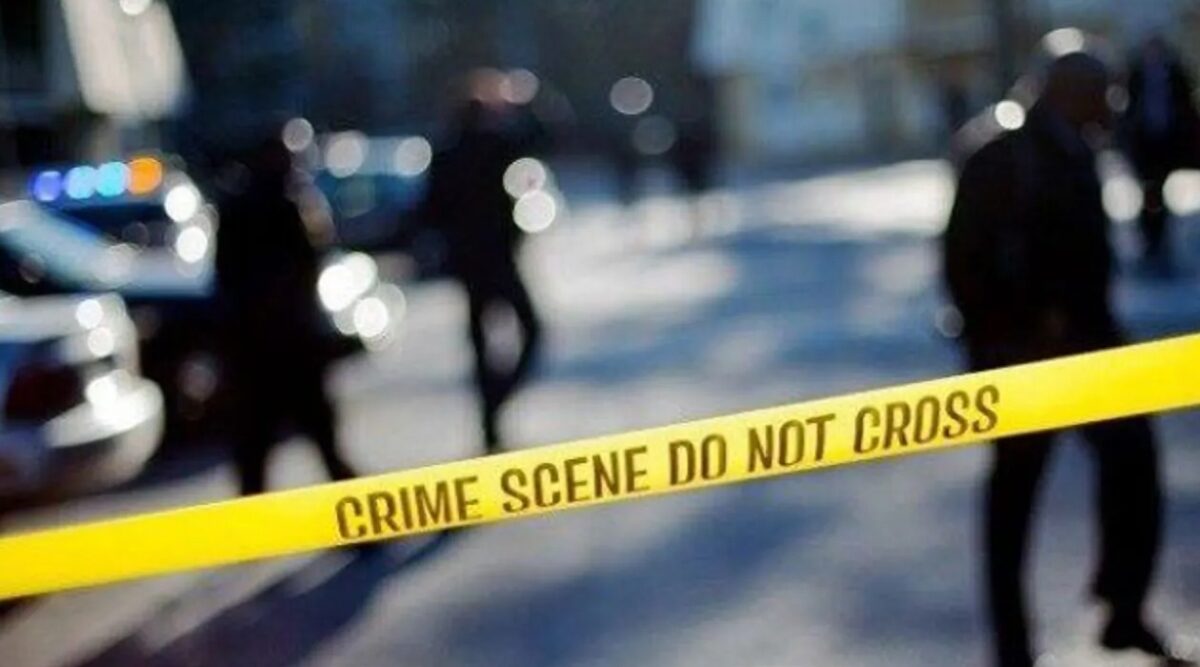In a sweeping operation that underscores President Donald Trump’s intensified focus on law and order, federal and local law enforcement have made over 1,300 arrests in Memphis, Tennessee — a city long plagued by staggering rates of violent crime. The effort, part of a broader federal crackdown launched in September, has already led to the discovery of 72 missing children and the seizure of nearly 250 illegal firearms, Fox News Digital reported on Wednesday.
“From arresting more than 100 gang members to locating more than 70 missing children, our brave federal agents and local authorities are doing incredible work to protect the good people of Memphis,” said Attorney General Pam Bondi. “Tolerating crime is a choice: under President Trump, we refuse to accept the victimization of innocent American citizens.”
The operation — authorized through a presidential memorandum signed on September 15 — created the Memphis Safe Task Force and brought National Guard troops into the city to support enforcement. That move, though controversial in some political circles, marks one of the most aggressive federal anti-crime interventions in a U.S. city since the early 1990s.
According to the White House, the arrests include 9 individuals wanted for homicide, 52 for sex offenses, 527 on outstanding warrants, and 132 on firearm-related charges. Most alarming, perhaps, are the 109 gang members apprehended — many linked to notorious criminal groups like MS-13, Tren de Aragua, Grape Street Crips, Bloods, Gangster Disciples, and the Vice Lords. Each name evokes a long record of violence, drug trafficking, and terror within U.S. neighborhoods.
Memphis, which posted 40.6 homicides per 100,000 people in 2024, has frequently ranked among the most dangerous cities in America. The influx of federal resources — including the presence of National Guard troops — was intended not only to catch criminals, but to restore order and deter gang operations in neighborhoods that have, for years, been governed more by fear than law.
Governor Bill Lee, a staunch supporter of the crackdown, said earlier this month, “This is going to last for months, and we have just begun… it will last forever.” His sentiment reflects a larger commitment from Tennessee’s leadership to allow the federal government to intervene in cities that have struggled to reduce violent crime through conventional, local-only methods.
On the ground, the results have been swift and sobering. On just one night — October 21 — arrests included a man wanted for the aggravated rape of a child, a Grape Street Crips member charged with kidnapping and parole violation, and known Bloods and Vice Lords members wanted for harassment and assault. These are not petty offenders; these are hardened criminals with histories of serious violence.
Still, not everyone supports the strategy. Democratic Rep. Steve Cohen sharply criticized the operation, accusing the administration of turning Memphis into “target practice.” “Memphians are not enemies; they are Americans,” Cohen said, warning against what he described as the militarization of policing.
But Trump and his team remain defiant. The Memphis crackdown, they argue, is only a piece of a broader campaign to dismantle crime networks in urban areas long neglected or overwhelmed by violence. Federalized policing efforts have also reached Washington, D.C., Portland, and Chicago — though not without legal resistance and political backlash.


